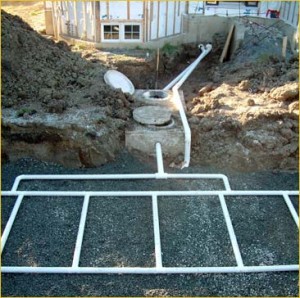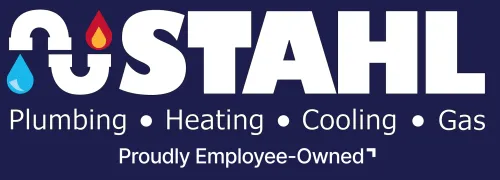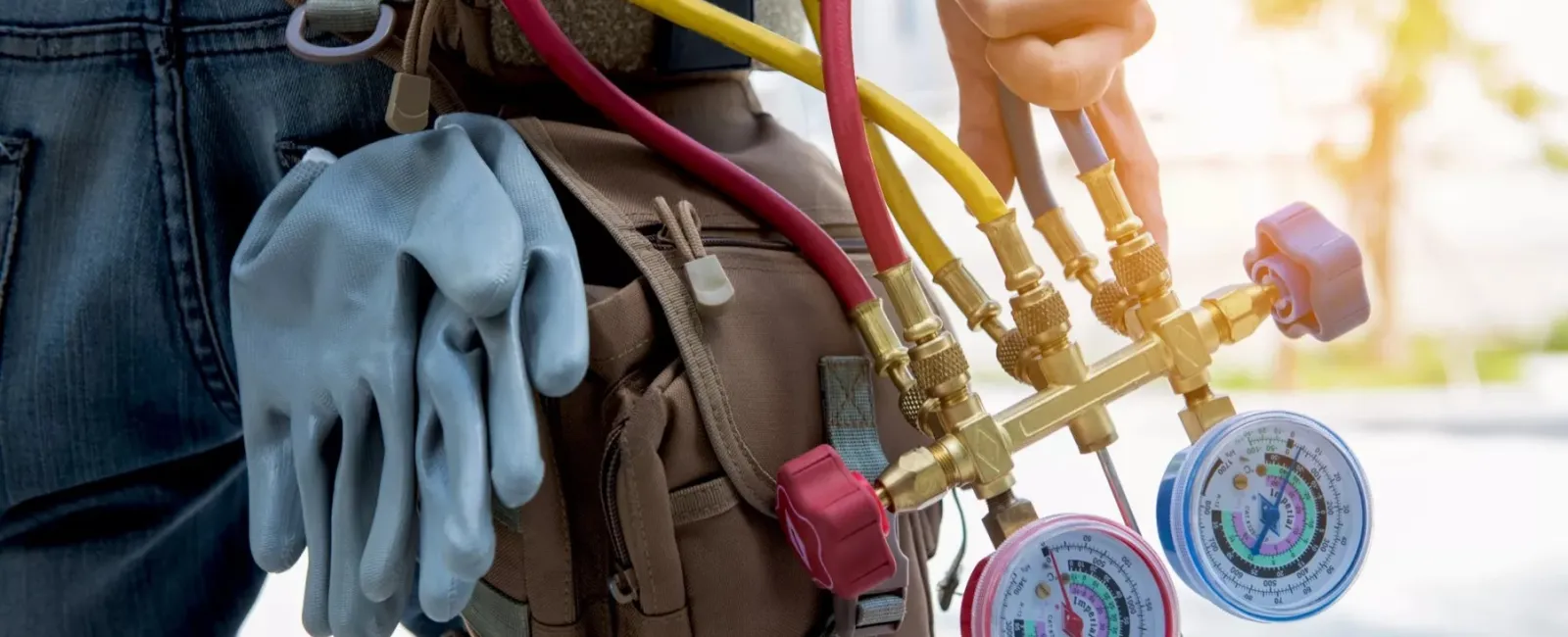
Inclement weather always puts a damper on residential and commercial plumbing systems. The colder the outside temperature, the higher the risk is for frozen water lines and potential burst pipes. This is why it is vital for homeowners to perform annual maintenance measures well before the winter comes around.
What many people do not realize is that high amounts of snowfall, which is very common in the Northeast, can sometimes be detrimental to drain lines too. However, it may also come as a surprise that adequate snow cover is often needed for insulation purposes, especially for homes that are equipped with septic tanks vs. those that are connected to public sewage systems.
How Snow Benefits Your Septic System
Despite being cold and wet, the composition of snow makes its a very good insulator. The colder the weather, the more snow you ideally want to have on the ground, within reason of course. Too much of anything is never good, but in this case, less is worse.
When situated on the ground over an underlying septic tank, snow provides a blanket of insulation that prevents geothermal and sewage heat from escaping. By trapping the heat inside the tank, the snow keeps the frost layer from going deeper. The farther the frost goes beneath the surface, the greater the chances are of dealing with a frozen sewage system. These emergency plumbing repairs are far from fun to perform and can be very expensive depending on the extent of the frost damage.
Keep in mind that there is a major difference between compacted and uncompacted snow. It may seem beneficial to keep the snow cover solid (which can be accomplished by stepping or driving on the layer), but this actually serves to drive the frost layer even deeper still.
All foot and vehicle traffic should be kept at a minimum near the area above your septic tank and the surrounding vicinity. In situations where this is not feasible, you should always hire a licensed plumber to insulate the drain lines to safeguard against frost damage. It is better to be safe than sorry and could potentially save you a ton of money on an unexpected plumbing repair service.

